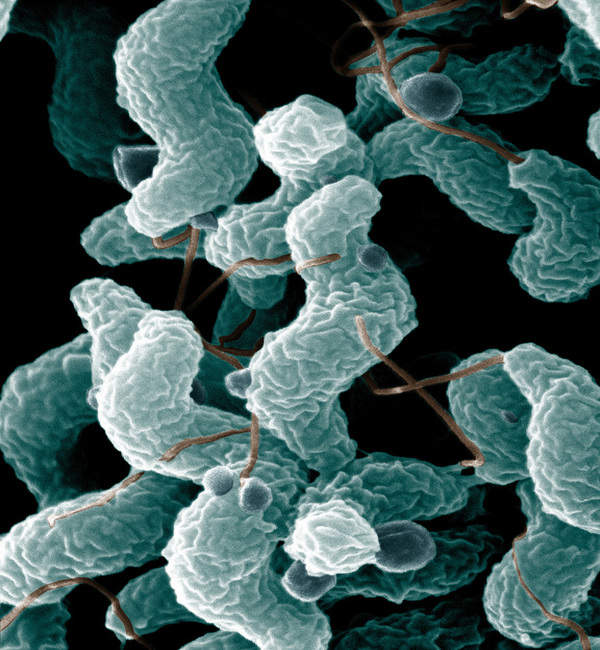
Swedish biopharmaceutical firm Hansa Medical has obtained orphan drug designation (ODD) for its IgG-degrading enzyme of Streptococcus pyogenes (IdeS / Imlifidase) from the US Food and Drug Administration (FDA) to treat Guillain-Barré syndrome (GBS).
GBS is an acute autoimmune disease caused due to attack of immune system and IgG-antibodies on the peripheral nervous system.

Discover B2B Marketing That Performs
Combine business intelligence and editorial excellence to reach engaged professionals across 36 leading media platforms.
IdeS is an enzyme that quickly and effectively depletes IgG antibodies, and is being developed to facilitate kidney transplantation in sensitised patients who could not previously get surgery due to the presence of anti-HLA IgG antibodies.
Hansa Medical acting CEO Ulf Wiinberg said: “IdeS’ fast and effective ability to cleave IgG antibodies has significant treatment potential in Guillain-Barré syndrome and we are planning a Phase II study with IdeS in this acute neurological disease.”
In preclinical models of GBS, IdeS treatment led to IgG inactivation and significant recovery of peripheral nerve degeneration. Based on these findings, IdeS treatment is expected to be potentially used as a therapeutic strategy for GBS.
According to efficacy data from three Phase II trials, IdeS quickly and significantly decreased anti-HLA antibodies, which facilitated transplantation.

US Tariffs are shifting - will you react or anticipate?
Don’t let policy changes catch you off guard. Stay proactive with real-time data and expert analysis.
By GlobalDataIdeS is being further assessed in two studies involving highly sensitised patients that do not respond to existing desensitisation approaches. Results from these studies are expected to be available this year.
In a separate Phase II trial, IdeS is being investigated for a rare autoimmune disease called anti-GBM antibody disease. It is also expected to have potential uses in various other autoimmune diseases.




